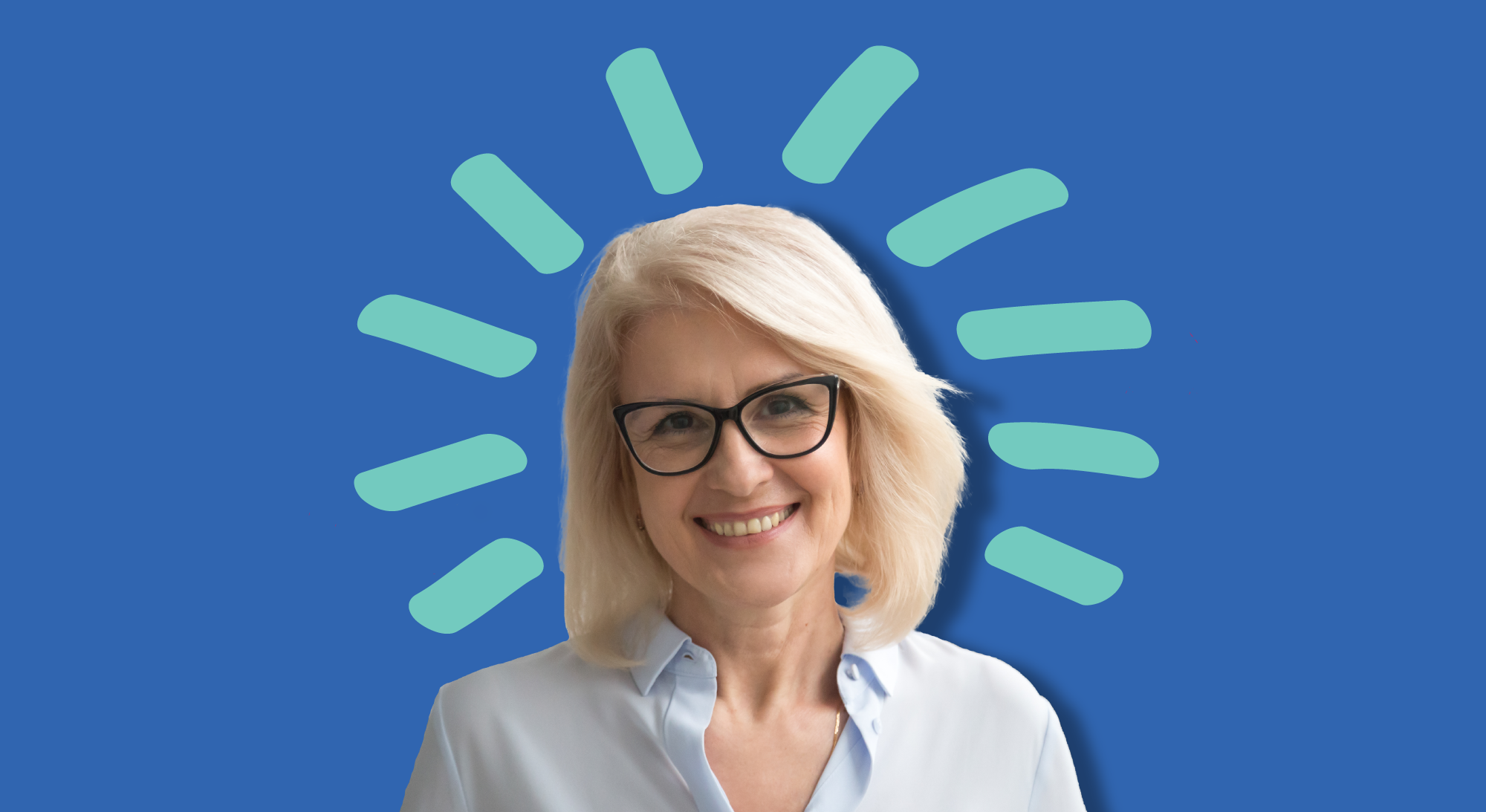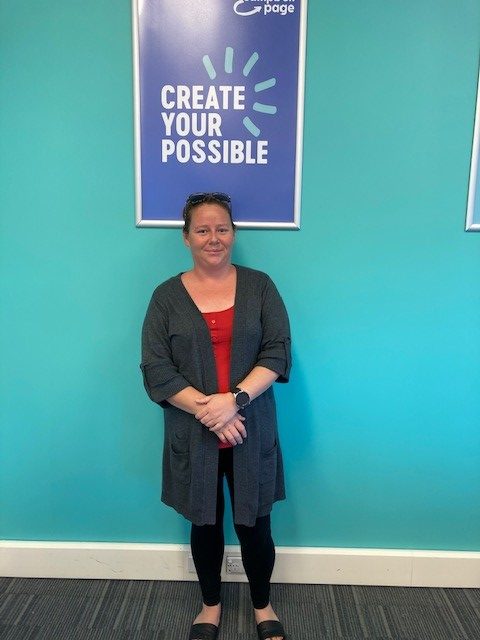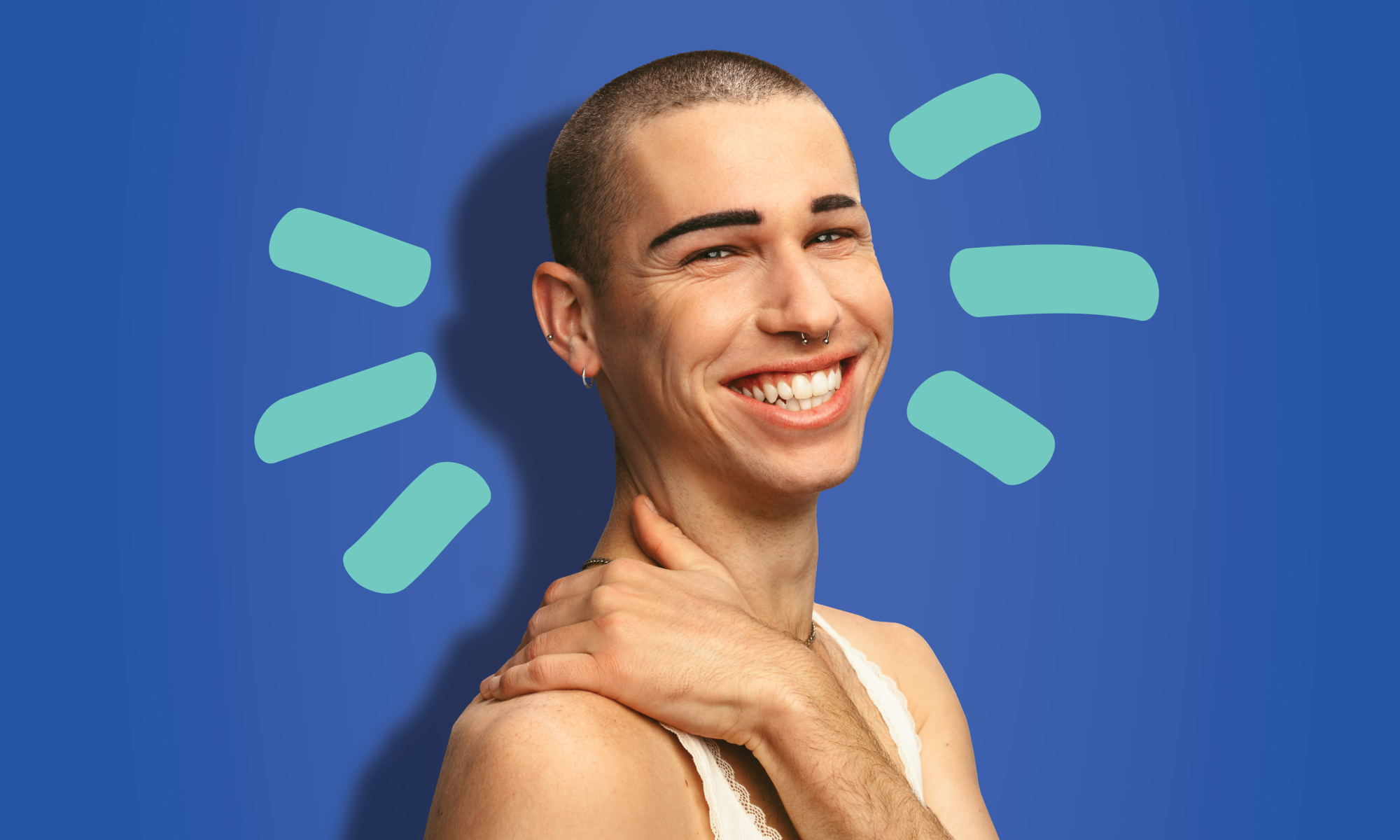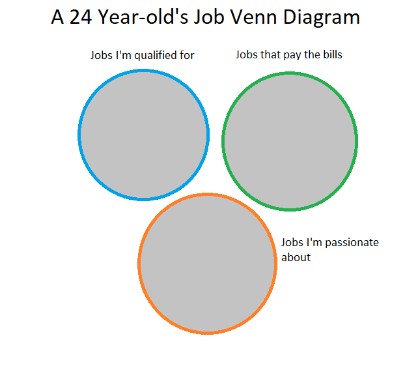Changing careers or finding a job in your 50s (and beyond) can feel really scary, overwhelming and sometimes downright disheartening. Your age, disability, injury, illness or health condition doesn’t have to stand in the way of your next job. Working in our industry we often hear our customers say things like:
“I’ve been raising kids for 20 years – who’d hire me now!”
“Employers only want young, healthy workers. It’s nearly impossible to get a job over 50, how do I get help?”
“I’ve worked for the past 7 years then COVID came along. I’ve tried getting back to work again and just can’t get anywhere.”
“I’m 54 and have over 30 years experience, but I can’t get an interview anywhere”
While it is true, finding a job later in life IS different to being fresh out of school, you’ve got more of a chance of being a standout candidate and landing a job than you realise. Here are our top tips to finding a job in your 50s.
1: You’ve got more skills than we can poke a stick at…
Yep really! Even if you don’t believe us, it’s true.
Chances are, you’ve held a bunch of different jobs over the years that have helped you hone your skills. If you have a long work history try to focus less on your age, or the year attached to your qualifications and more on showcasing that you have the relevant qualifications or better yet, that you’re willing and able to learn!
If you feel like you need to catch up on current trends or brush up on some skills you haven’t used in a while, consider some upskilling opportunities. Find out more about upskilling here.
If you’ve been out of work for a while, there’s no need to panic. You’ve got something young applicants don’t have – life experience. Raising kids, volunteering, caring for family members or being involved in the local community are all commitments that have helped build transferrable skills that are desirable in the workplace.
Use this lived experience to highlight your time management, finance & budgeting, problem solving & organisation skills on your resume instead. You can back them up with solid examples from your life and how this would add value to the workplace.
2: Update your resume
A well organised, professional resume is worth its weight in gold. You could have all the skills in the world, but if you’re not selling it well on paper, you’re unlikely to catch the eye of an employer. If you can’t remember the last time you wrote a resume, then it’s definitely time to breathe some life into it!
Be sure to tailor your resume for the position you’re applying for, ensuring you highlight the relevant skills and experience you have that would make you the ideal candidate for the position. Not sure where to start? Check out our advice on writing a resume.
3: Make your network work!
Ever heard the saying it’s not what you know, it’s who you know? This does hold a bit of truth to it. Having someone introduce you to an employer directly is much more valuable than unsolicited job applications.
Your network of friends, family, former colleagues, bosses and community members are your biggest cheerleaders and between them all, they’re bound to know an employer who is eager to meet you.
Reach out to your network and ask if they know of any available positions or have any contacts, recommendations or introductions they can make for you to help you get your foot in the door. While asking for their help might feel daunting at first, remember, these people care about you and want to see you succeed. You’d do the exact same for them.
4: Prioritize your goals for this next job
Before you go in and apply for every job under the sun, think about what you’re actually after with this job. If it’s to ensure retirement savings, then earning potential is key. If you’re looking to find something that works around your family, then flexibility is important. Perhaps, you’re looking to re-enter the workforce after an extended period of time off, so an understanding employer and training is vital to your success in the role.
Identifying what your job search goals (and must-have’s) are upfront will save you time and energy on applications by helping you whittle down which jobs you should actually put your time and energy into. Everyone’s path is different so find what works for you and your situation!
If you already know what your goals are for the job or industry you are looking for, that’s great! This will help you understand what skills will be required for the job. To match up your skills with potential jobs, you can use a skills match to enter the previous jobs you have worked in, see what skills you may have from your jobs and compare those with new jobs.
5: Prior Preparation Prevents Poor Performance
This tongue twister is our way of saying be prepared for any question an employer may ask you. If it’s “you’re over-qualified” tell them that you have considered this issue but know that your experience and skills will be a big asset to the organisation and you’re committed to showing them that. If they are concerned about employment gaps in your resume, speak about the skills you gained during this time. Remember point 1 and how you’ve got a tonne of skills? Explain how you would apply this to the workplace.
When finding a job in your 50s, preparing your answers ahead of time and being equipped to address any employers’ potential tricky questions will help you to feel calm and confident in any interview and will reassure employers. Feeling nervous about job interviews? Here’s everything you need to know about nailing it.
6: Keep your options open and stay positive.
Looking for work can feel like a never-ending battle for anyone at any age. No matter what stage you’re at in the job search, having the right attitude is key. So if you submit an application or go into an interview believing you’re the right person for the job and showing off your willingness to work, you’re instantly that much more employable.
7: Find the right support
Having a great support network to lift you up is important in any job search. If you need support to find work or manage your disability, injury, illness or health condition, we can help!
READY TO FIND WORK?
We’ve got your back through every step of the job search process. Send us a message and we’ll will be in touch shortly to determine how we may be able to help you, or better yet, call us now on 1300 139 920
"*" indicates required fields








